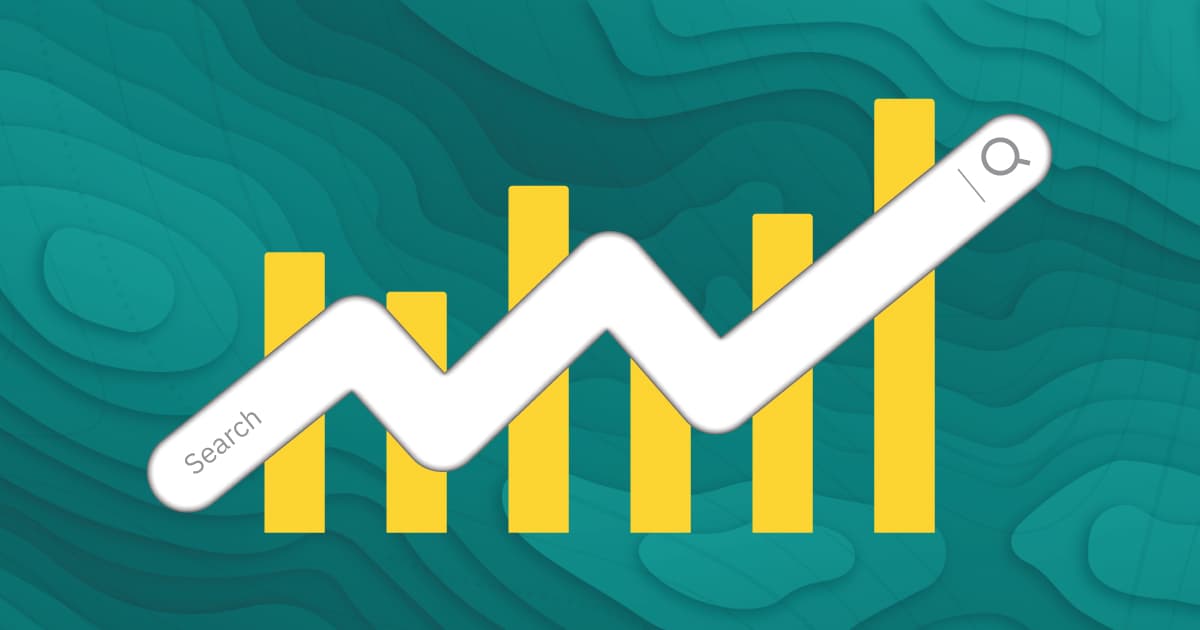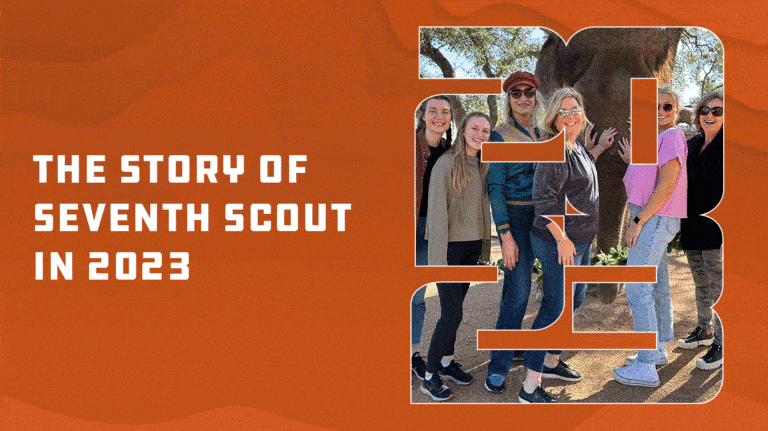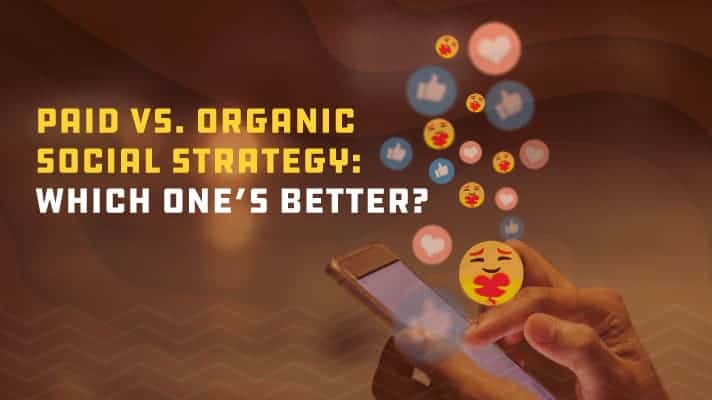SEO is a commonly referenced buzzword in the mar-tech space, but what exactly is it? Search engine optimization or SEO is the process of increasing the ranking of a web page to users of a search engine. It refers to the improvement of unpaid results (known as “organic” results) and excludes direct page visitors and the purchase of paid placement at the top of a search’s results.
So why is SEO important for your business? Over 90% of all web pages receive no visitors at all and only 4.5% of pages get less than 10 visits per month. By incorporating SEO into your business marketing strategy, you’ll focus on driving traffic to your website.
While paid advertising and social media direct online users to websites, search engines guide the majority of organic traffic. Organic search results appear more credible to searchers and receive more clicks than paid advertisements. Organic SEO is 5.66 times better than paid ads, as research shows only 2.8% of people click on paid advertisements when utilizing a search engine.
Google, for example, holds 78.01% of the search market share. Because of this, it’s unsurprising that each day Google receives 6.3 billion search queries. 93% of Google-owned traffic is based on secure sites, also known as https sites. It’s important to note that over 84% of consumers will not make a purchase on a website that is unsecured. According to Google’s Search Quality Senior Strategist, high- quality content and link building are the two most important signals used by Google to rank your website for search. Content is king and there is no substitute for great content. Quality content created specifically for your intended user increases site traffic, which improves your site’s ranking. Beyond page URL, title, and headings, content is most influential on search engine rankings. Focus on creating relevant links within the text. Always use descriptive links by linking keywords—it not only improves search engine optimization but also adds value to your readers.
SEO has 20 times more traffic opportunities than pay-per-click on both mobile and desktop. Generally, the organic desktop listing in first place on the search engine results page gets 19% of clicks from users, while the first organic mobile result gets over 27% of clicks. 67% of all clicks go to the first five organic results on the list, and over 75% of Internet users never even scroll past the first page of search results. Most searchers simply bypass the paid ads and even less continue to page two and three of the results, with the results on those pages getting just 5.9% of clicks.
To put things in perspective, as of January 2020, there were 4.54 billion Internet users across the world. Last year saw mobile searches account for 52.2% of all web traffic, with desktop searches dropping to just 45.5%. As more people remain connected online due to mobile phone interaction, desktop searches are likely to continue to decline. Your business may be ranking well on desktop but not even appear on the first page of results on a user’s phone. Only 13% of websites are able to retain the same position for search across all devices. Over 71% of online domains change rankings by one place on mobile compared to the desktop — 52% change by three places and 29% change by 10 places.
Brands SEO rankings can drop dramatically if mobile users are forgotten. With so many content consumers engaging from their mobile devices, ensuring that your sites and articles are optimized for the mobile reader is crucial. 61% of mobile searchers are more likely to contact a local business if they have a mobile-friendly site. 78% of location-based mobile searches result in an offline purchase. 88% of consumer local business searches on a mobile device either call or visit the business within 24 hours.
Not only is SEO essentially the foundation of your entire online marketing presence, but it’s also proven to have a direct impact on your bottom line by increasing engagement, conversions, and revenue. SEO is also impacted by the amount of video content on a website far more than most people realize. U.S. consumers watch up to six hours of digital video per day. Experts predict that more than 80% of all consumer traffic will be videos by 2021, because video content is over 50 times more likely to drive organic search results than plain text.
Marketers who use video grow revenue over 49% faster than non-video users. Companies that utilize videos in their marketing strategy see 34% higher web conversion rates than those that don’t, and 52% of marketing professionals name video as the type of content with the best ROI. 97% of marketers say video has even helped increase user understanding of their product or service, and 76% say it helped increase sales.
Here’s why. People who watch videos stay on a site two minutes longer on average and are 64% more likely to make a purchase. Almost 50% of Internet users look for videos related to a product or service before visiting a store, and nearly two-thirds of shoppers say video has given them ideas for purchases. Over 80% of consumers believe demonstration videos are helpful when making purchases, and online shoppers who view demo videos are 1.81 times more likely to purchase than non-viewers.
In 2020, about 72% of customers said they would rather learn about a product or service through videos. According to Forbes, viewers retain 95% of a message when they watch it in a video compared to 10% when reading it in a text.
It goes without saying that the use and popularity of videos will only continue to grow in the future. People prefer watching videos, and are more likely to engage with and remember them. Videos have repeatedly proven their capability to boost the online visibility of brands, and increase a websites visitors and rankings on search engines. Putting money and effort into video content can bring forth amazing results both from the SEO and marketing perspective of your business.
The statistics don’t lie. Over 64% of marketers actively invest in search engine optimization. SEO strategies are instrumental in bringing your content to the consumer. SEO is a huge opportunity for your business to find and engage with people who are actively looking for the products or services you provide. Missing out means you’ll never have a sustainable, long-term way to generate customers.



